- Solar energy blog
- How PL 624 and PL 671 will transform Brazil’s solar energy market in 2025
How PL 624 and PL 671 will transform Brazil’s solar energy market in 2025
Discover how Brazil's PL 624 and PL 671 bills are reshaping the country's booming solar energy market in 2025—balancing rapid growth with fair grid access and smarter regulations.


Jessica Nunes
Account Executive
I’m passionate about technology and the impact it can generate in business. Throughout my career in sales, I have developed a strategic market vision, specializing in negotiation, deal closing, and building strong relationships.
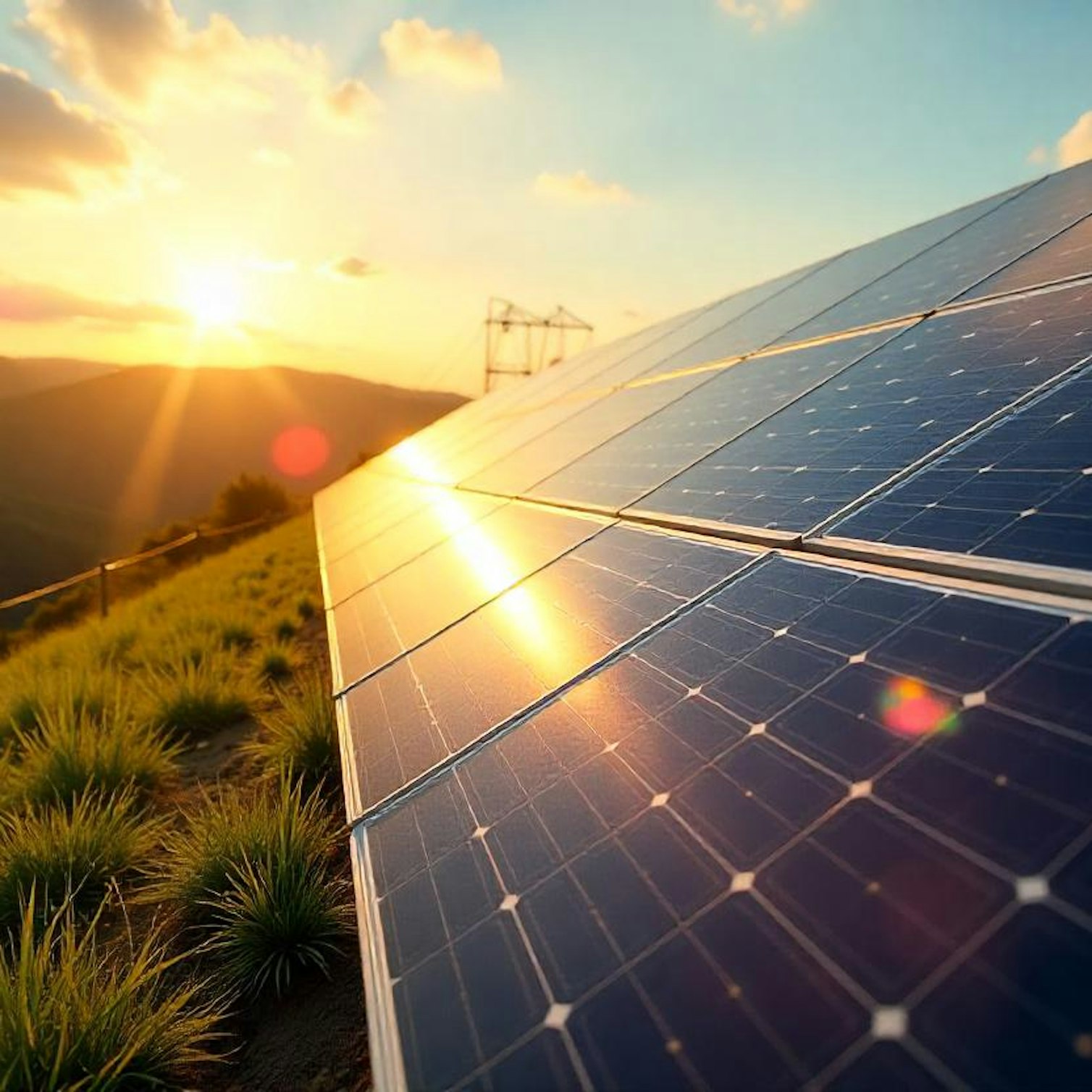
Content
Brazil’s solar energy market has come a long way. A decade ago, the country had barely any installed capacity. Today, it’s the largest solar producer in Latin America and among the top ten globally. Solar now ranks as Brazil’s second-largest energy source after hydropower, and it’s still growing. By late 2025, Brazil’s solar output is expected to reach 46.75 billion kWh, keeping pace with the country’s growing energy demand.
But as Brazil’s solar energy market grows, so too do its challenges. More solar means more energy flowing into the grid, raising concerns about power distribution and competition between different producers. That’s where PL 624 and PL 671 come in. These two bills aim to fine-tune market rules, ensuring solar expansion stays on track while keeping the system fair for everyone.
Download our eBook: BESS perspectives in Latin America to discover how LatAm is leveraging its renewable energy potential, backed by regulatory support and rich natural resources, to stabilize the electrical grid and drive sustainable energy solutions.
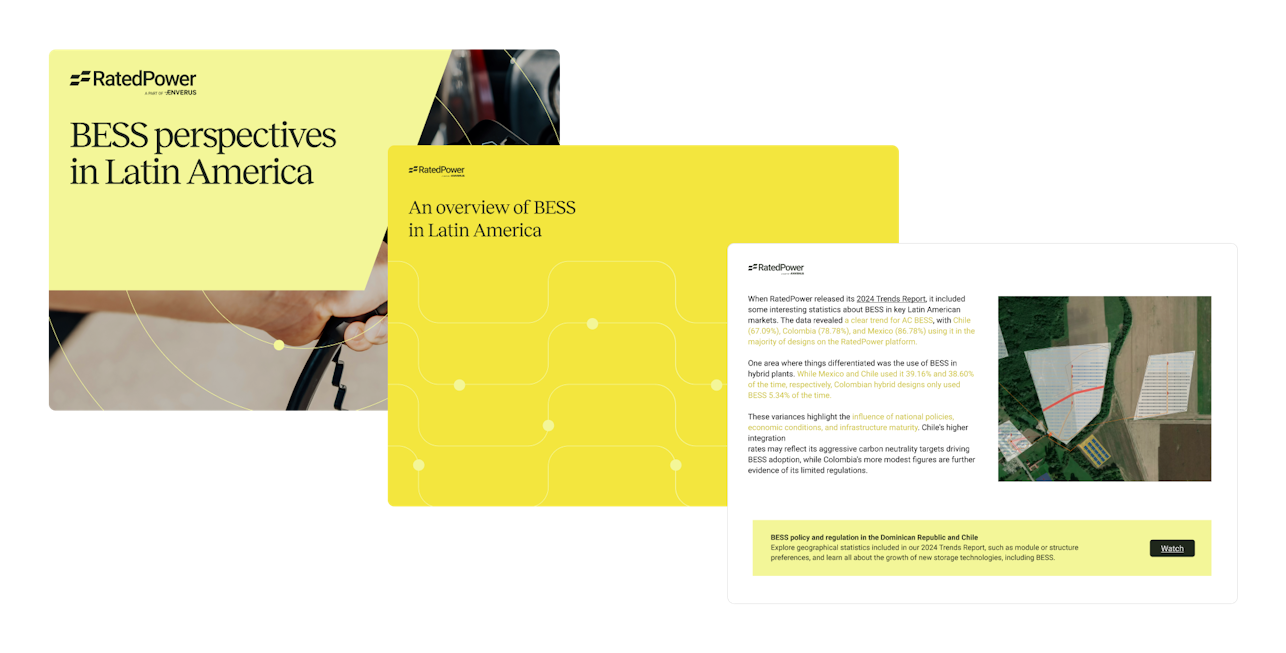
So, what exactly do these bills change? And how are they shaping Brazil’s solar market in 2025? Let’s break it down.
What does bill PL 624 mean for Brazil’s solar market?
One of the most significant issues in Brazil’s solar sector is power flow inversion, which happens when the electricity generated exceeds demand, which can lead to blackouts. As a result, energy distributors have blocked or limited some solar installations, particularly for micro-generation projects (smaller-scale systems like residential or commercial rooftop solar). This has slowed adoption and created roadblocks for some consumers and businesses looking to generate their own electricity.
Addressing power flow inversion
Under the PL 624 bill, energy distributors cannot claim power flow inversion as a reason to reject microgeneration projects. However, mini-generation plants (which are larger but still below utility-scale) may still face some restrictions if technical studies show they could affect grid stability.
Increasing accountability for energy distributors
The bill also adds accountability. If a distributor claims power flow inversion as a reason to block a project, they must back it up with technical studies and a formal assessment from a qualified professional. This ensures solar project developers have greater transparency and won’t face arbitrary restrictions.
Helping expand small-scale solar
PL 624 will remove bureaucratic barriers and help expand small-scale solar across Brazil. More businesses, homeowners, and farmers will be able to install solar systems without unnecessary restrictions, increasing solar adoption nationwide.
PL 624 is already moving through the Federal Senate, having passed the Chamber of Deputies. If the Senate approves it without changes, it goes straight to the president for final approval. If modifications are made, it will go back to the Chamber for another round of discussions.
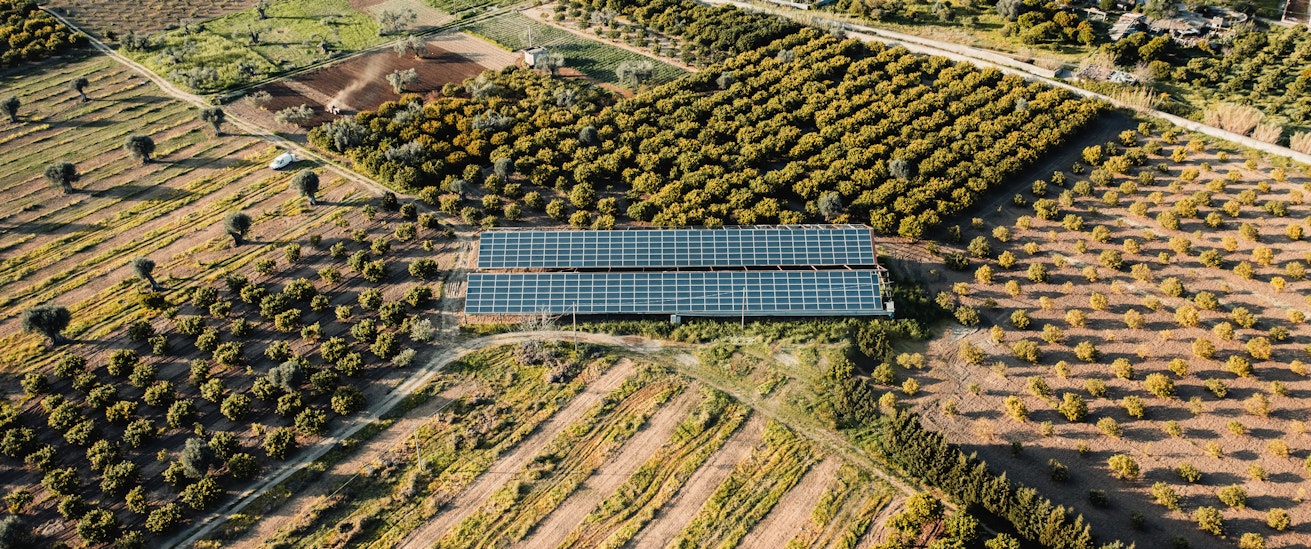
Will bill PL 671 create a fairer solar market in Brazil?
While PL 624 focuses on technical barriers, PL 671 deals with unfair competition. Right now, some energy distributors or companies linked to them are involved in the mini and microgeneration market. This puts them in direct competition with independent solar providers. Since these distributors control the grid, they can favor their own businesses, set unfair pricing structures, or delay approvals for independent solar projects.
Addressing unfair competition in the solar market
PL 671 is an attempt to stop this. Once approved, distributors and any companies connected to them must exit the distributed generation market within six months. This move aims to ensure that independent solar providers compete fairly without interference from powerful energy distributors.
Unlike PL 624, PL 671 is still in its early stages. It is currently being reviewed in the Chamber of Deputies. If it passes, it will move to the Federal Senate before reaching the president for approval. The bill has already gained attention from industry experts, who argue that it is necessary to ensure fair pricing and prevent monopolistic practices.
Creating competition, innovation, and investment opportunities
If approved, PL 671 could bring a significant shift in the market. With distributors out of the distributed generation business, smaller solar companies may have more room to grow, leading to more competition, innovation, and investment in Brazil’s solar sector.
For consumers, this means more choices when it comes to installing solar panels, better service from independent providers, and potentially lower costs over time.
Get the latest insights on the renewables sector with our comprehensive report. It includes data from an industry survey and solar simulations on the RatedPower platform. Download now to uncover critical trends and challenges shaping the future.
What PL 624 and PL 671 mean for solar growth in Brazil
With both bills in motion, Brazil’s solar market is undergoing a transformation.
PL 624 targets technical barriers, allowing more small-scale solar projects to connect to the grid without unnecessary restrictions.
PL 671 ensures fair competition, preventing distributors from dominating a sector meant for independent producers.
Together, these changes could make it easier and cheaper to adopt solar energy, bringing more investment into Brazil’s renewable sector.
However, there’s another bill, PL 4831, that could disrupt this progress. If passed, it would reserve 70% of the electricity market for distributors. This would directly affect PL 624 and PL 671, shifting the focus back to distributors.
Industry experts are concerned that PL 4831 could contradict Brazil’s broader clean energy goals. If passed, it could reduce consumer choice and investment in distributed generation.
What’s next for Brazil’s solar energy market?
If PL 624 and PL 671 pass, Brazil’s solar market could become more competitive and accessible by the end of 2025. More homeowners and businesses will be free to adopt solar, and independent providers will have a fairer shot at growing their businesses.
However, the final outcome depends on how these bills interact with other policies, especially PL 4831.
For now, Brazil’s solar industry is at a turning point. With smarter regulations and continued investment, the country is on track to cement its position as a global leader in solar energy. The next year will determine just how far these changes will go in shaping Brazil's future of clean energy.
BESS perspectives in Latin America
In this ebook, we explore the dynamic growth of BESS in Latin America. Discover how the region is leveraging its renewable energy potential, backed by regulatory support and rich natural resources, to stabilize the electrical grid and drive sustainable energy solutions.
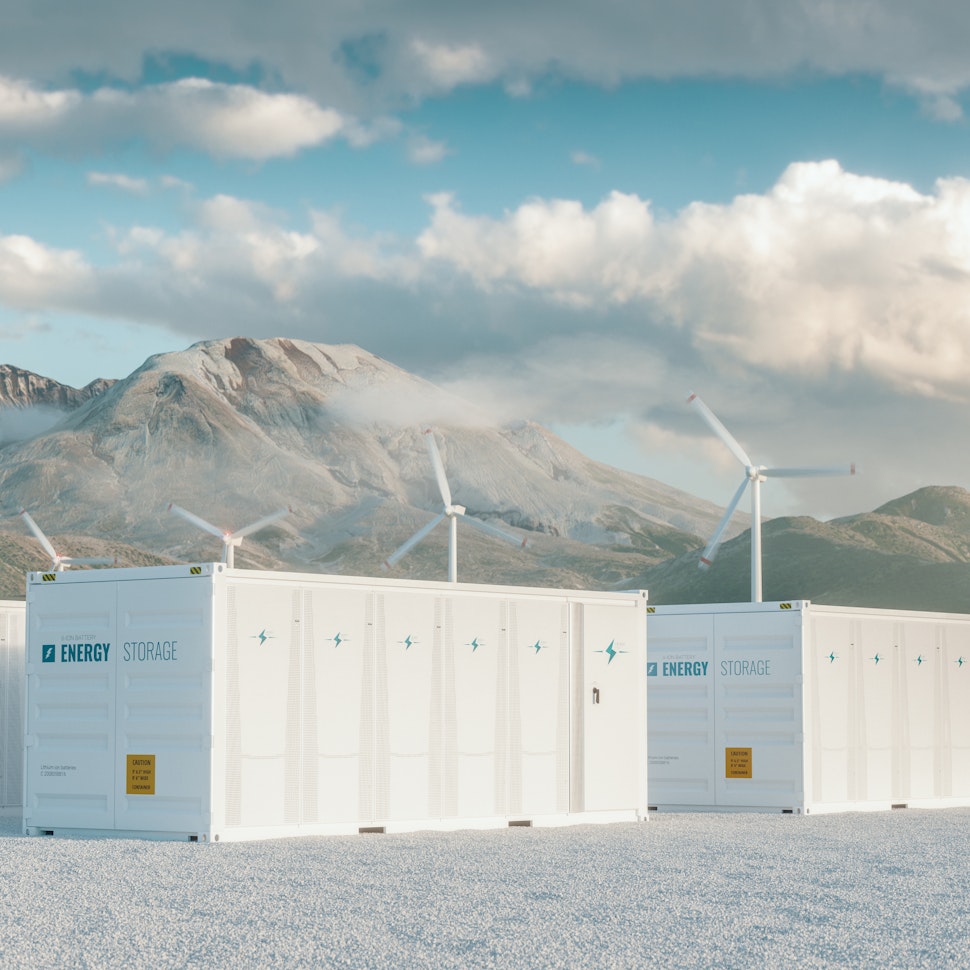
Latest stories
Related posts
Policy and regulation
Solarspitzengesetz: How it affects solar and negative pricing
Find out more about the Solarspitzengesetz, Germany’s Solar Peak Act, designed to prevent oversupply and price surges during peak solar generation.
Updated 4 NOV, 25
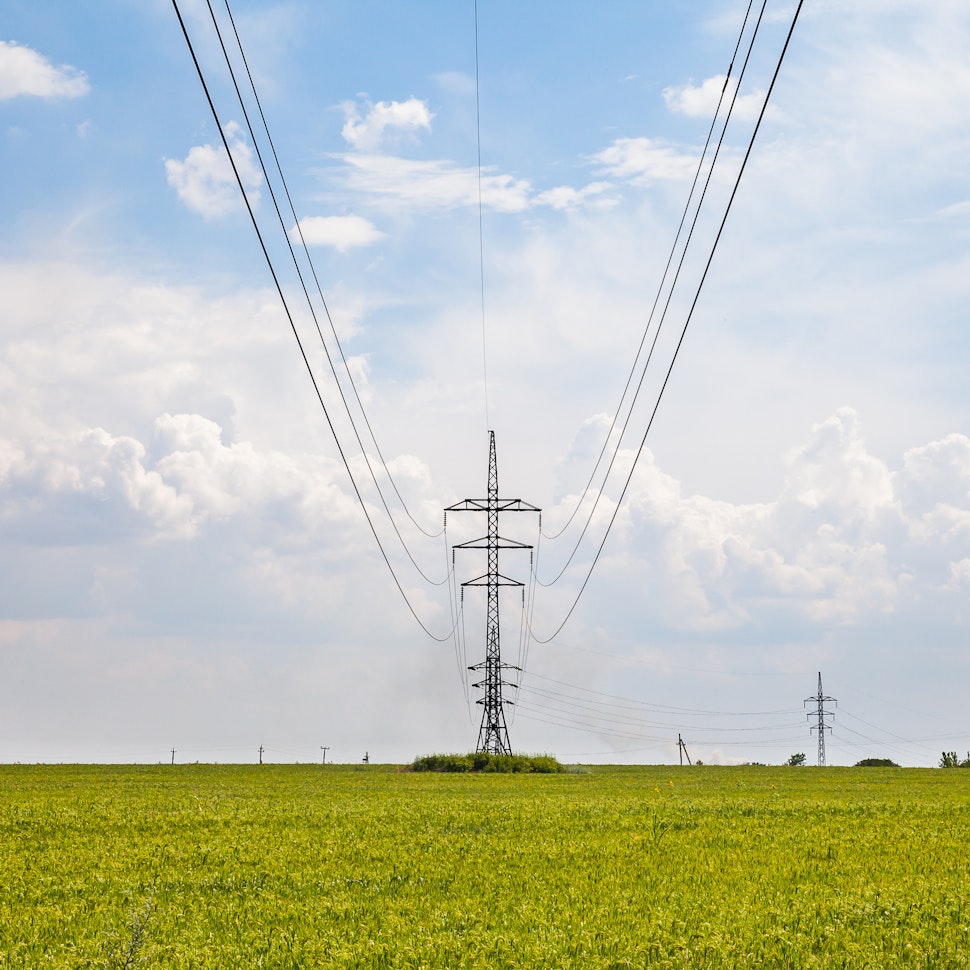
Policy and regulation
Winning the auction: A developer’s guide to GEA-4 execution in the Philippines
Find out how solar design tools like RatedPower can accelerate bankable proposals for auctions like the GEA-4 in the Philippines.
Updated 23 OCT, 25

Policy and regulation
Shining a light on the Solar Sunshot Program in Australia
Australia is on a tight deadline to install 28,000 solar panels a day for the next six years to hit its 2030 decarbonization targets — a tall order that hinges on ramping up domestic production.
To this end, the government launched Solar Sunshot, a $1-billion fund to help local PV companies commercialize their products and strengthen the country’s solar supply chains. Let’s explore this initiative and how it might affect the future of Australia’s energy.
Updated 14 JAN, 25
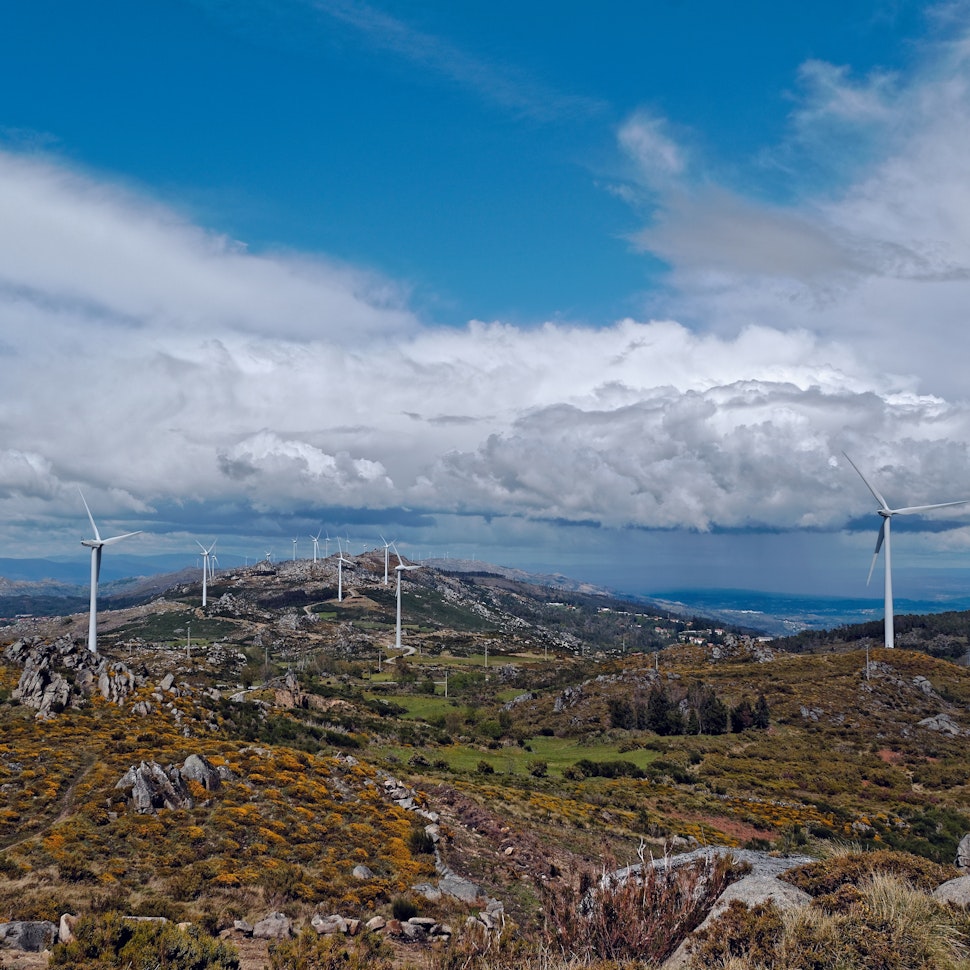
- RatedPower
- Solar energy blog
- How PL 624 and PL 671 will transform Brazil’s solar energy market in 2025
 Watch a demo
Watch a demo

